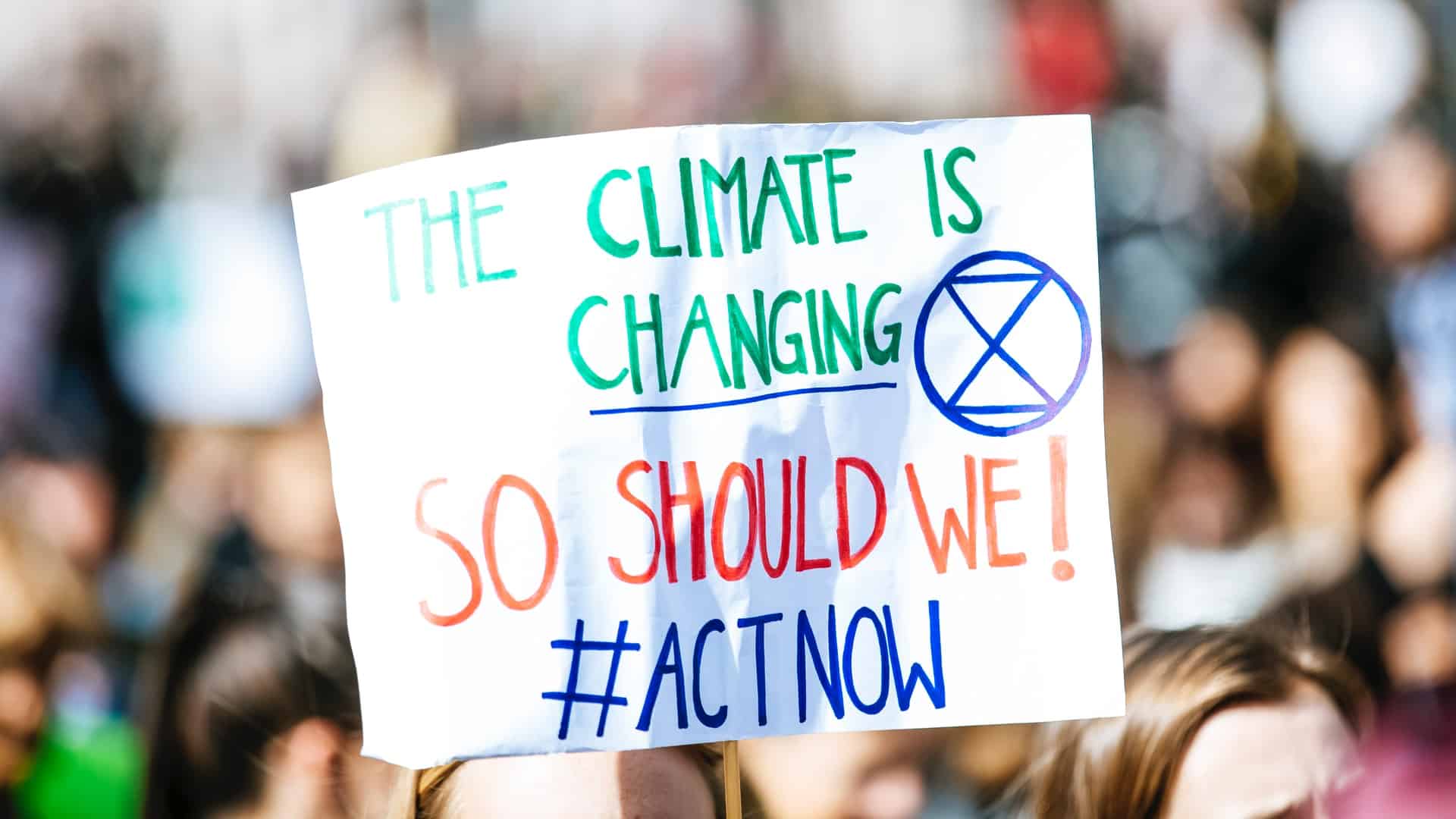Environment
India urges developed countries to take measures against climate change and target net-zero emissions
Taking a stand against climate change, India has demanded developed countries to take measures and legislate for net-zero emissions by 2030. India also cautioned the World Bank against the climate change agenda of countries that are outside the scope of their Nationally Determined Contributions (NDCs). It should be noted that countries under NDCs have set their own loan goals in the global fight against climate change.
Union Finance Minister Nirmala Sitharaman, in her address to the Development Committee of the World Bank, said India’s developmental imperatives are eradication of poverty, provision of basic needs for all citizens and access to energy for all, in the context of sustainable development.
“It remains paramount that the World Bank maintains and enhances its support for these. While we broadly support the Green Resilient and Inclusive Development (GRID) strategy, we would like to caution that this strategy should be consistent with the NDCs of the client countries,” she said. “WBG should neither promote interventions that are outside the scope of the said NDCs nor lose its razor-sharp focus on its twin goals.”
Sitharaman believes the multilateral climate change regime is based on the principles of equity and common, but differentiated responsibility and respective capacities (CBDR-RC), in the light of national circumstances. “It is not appropriate to compare the stringency of GHG mitigation policies across developed and developing countries given their diversity both in terms of the level of development and the responsibility they owe due to past emissions,” she said. “India’s share of global cumulative emissions (1850-2018) is only 4.37% and its current per capita emissions are at 1.96 tons CO2 per capita. For Europe, the respective numbers are 33% and 7.9 tons CO2 per capita and for the USA, these numbers are 25% and 17.6 tons CO2 per capita.”
Also Read: India’s automotive industry records growing demand for SUVs
The minister highlighted that emission by developed countries has led to a huge carbon stock in the atmosphere, taking away the carbon space required by the developing countries to grow. “Some of the developed countries peaked in 1979 but still aim to reach net-zero by only 2050 while they expect the same transition to be performed much more swiftly by the developing countries, many of whom have yet to reach their peak.”
Sitharaman said the focus of the discussion on climate finance for developing countries should be on providing adequate resources, both financial and technology transfer, to facilitate the developing countries to transition to a low carbon growth pathway. “Hence, net-zero emissions can be a global aspirational goal and historical responsibility demands that developed countries should take measures and legislate for net-zero emissions by the current decade itself.”






































